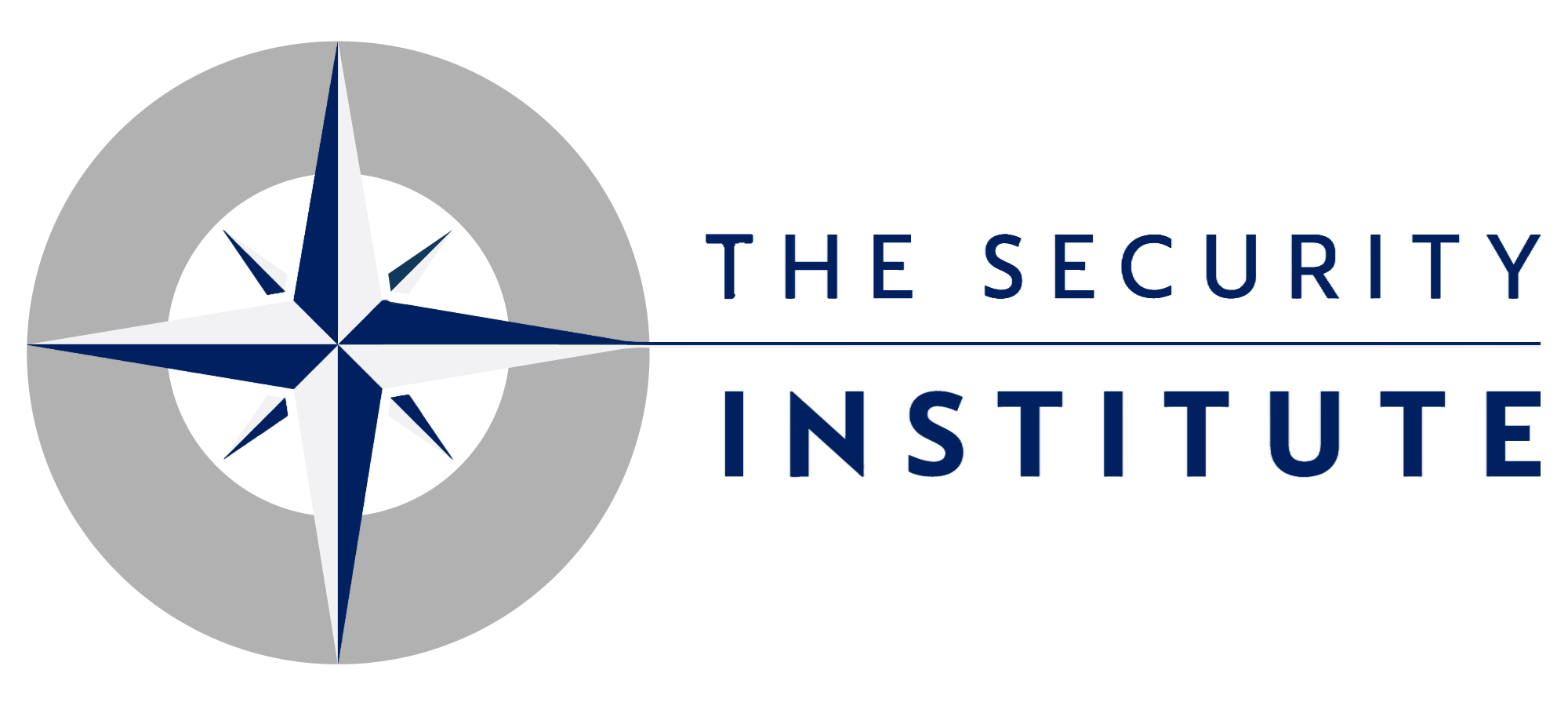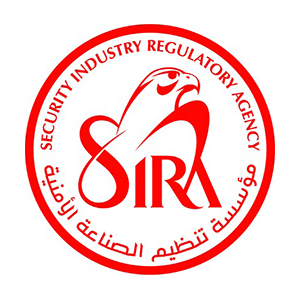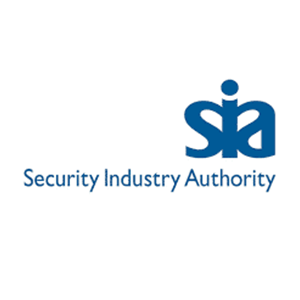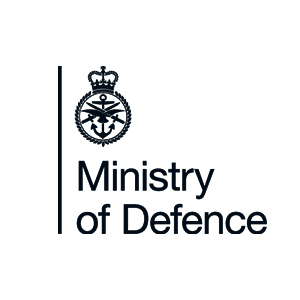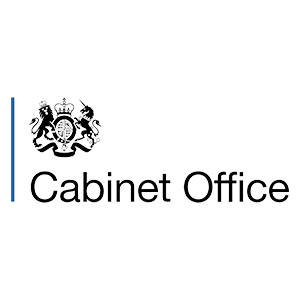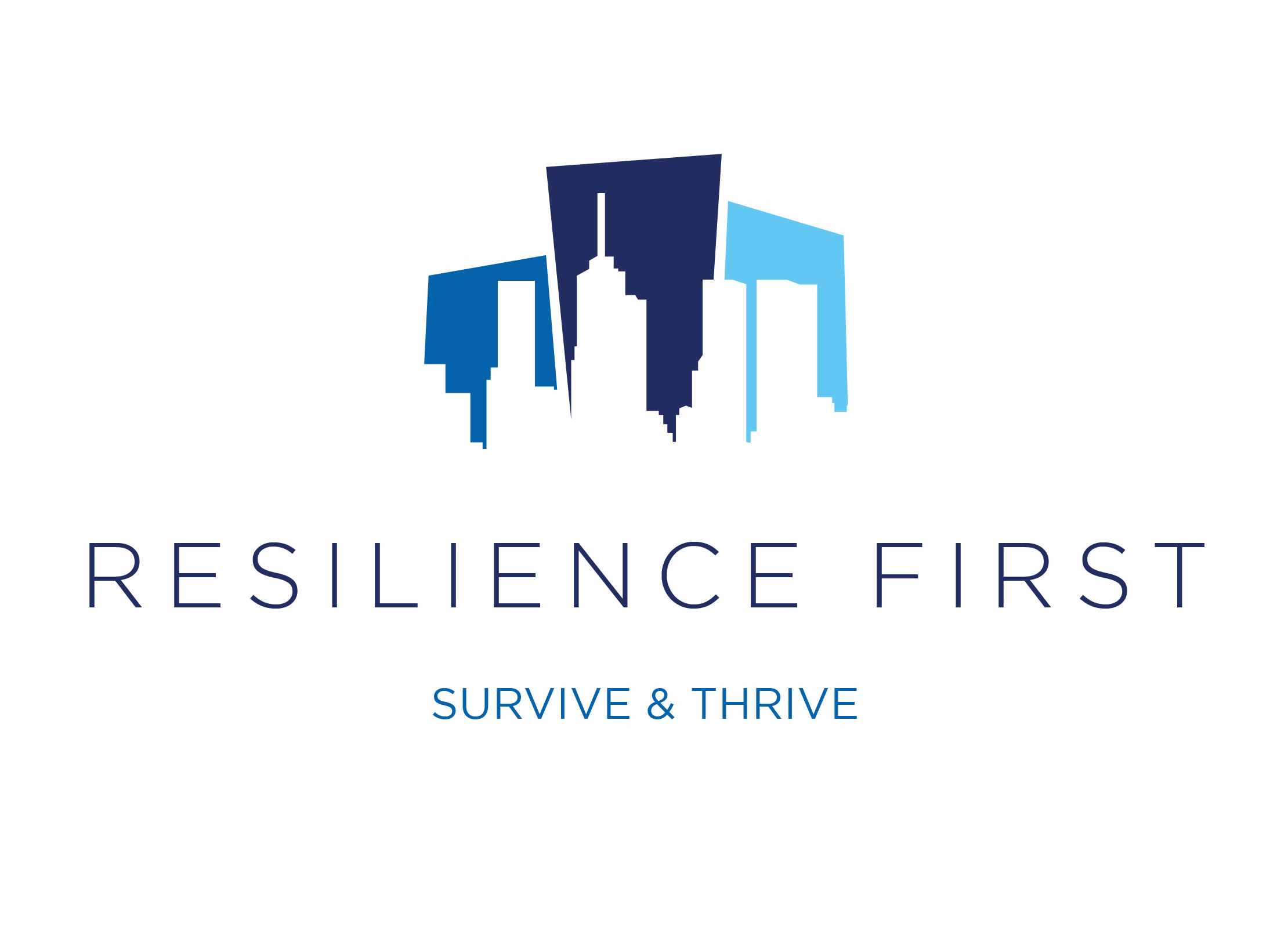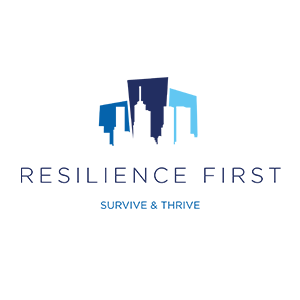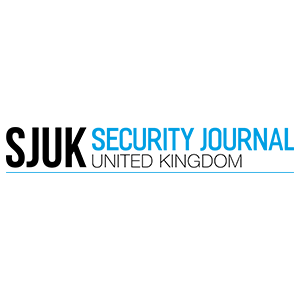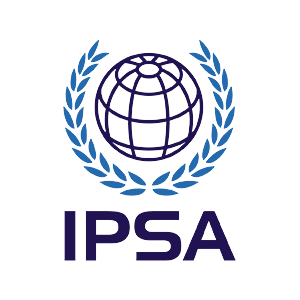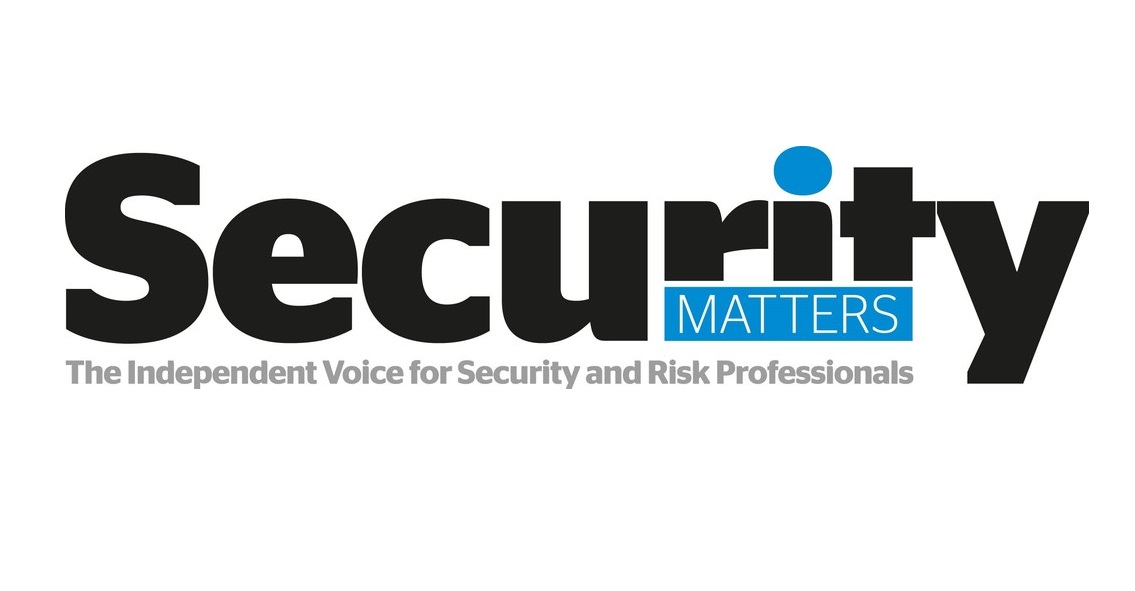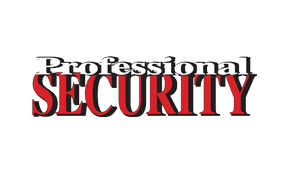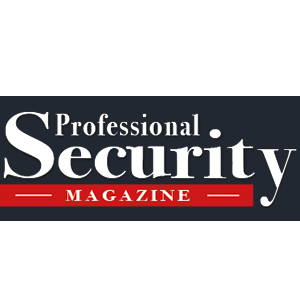
The Worshipful Company of Security Professionals (WCoSP) is the 108th Livery Company of the City of London. Established in 1999 as the Guild of Security Professionals, it was granted full livery status in 2008 and received a Royal Charter from Her Majesty Queen Elizabeth II in 2010. The Company serves as a non-profit membership organisation dedicated to supporting and advancing the security profession.
WCoSP aims to foster a culture that upholds the principles protecting people, property, and liberty. Its mission encompasses raising standards of excellence through education and fellowship, furthering charitable endeavours, and supporting the Lord Mayor and the City of London Livery. The Company’s motto, “Res Homines Libertates,” translates to “Property, People, and Liberty,” reflecting its commitment to these core values.
Membership is drawn from a broad spectrum of the security industry, including professionals from industrial and retail sectors, serving and retired members of the police and armed services, security consultants, academics, heads of corporate security, investigators, and electronic surveillance experts. This diverse membership facilitates networking, professional development, and the sharing of best practices within the security community.
The WCoSP Charitable Trust, established in 2001, plays a pivotal role in the Company’s philanthropic activities. It provides education and health services to members of the security profession and supports various charitable initiatives related to the protection of people and property.
Key initiatives include overseeing the Chartered Security Professional certification, recognising individuals who demonstrate strategic and operational excellence in security; the Security Benevolent Fund, offering assistance to security professionals facing mental or physical challenges; and administering awards such as the Sheriffs’ Award for Bravery, honouring significant contributions to safeguarding people, property, or liberty.
For more information, please visit their official website.
Visit: https://wcosp.org/
